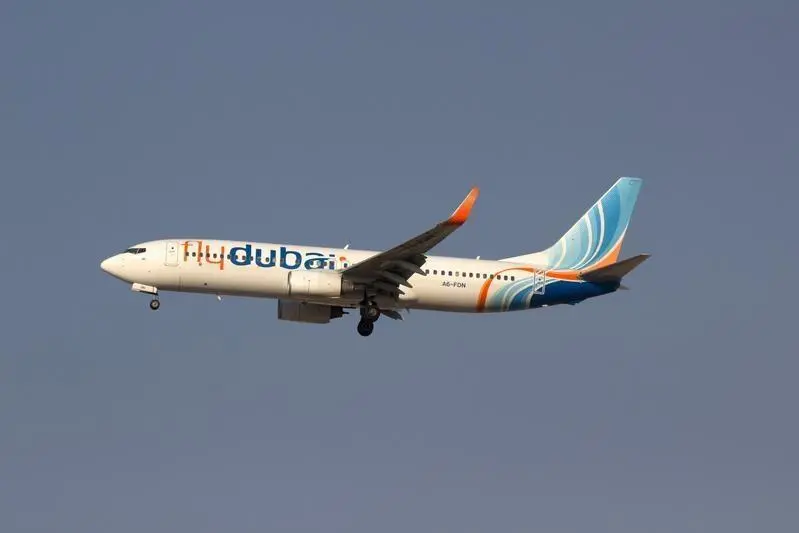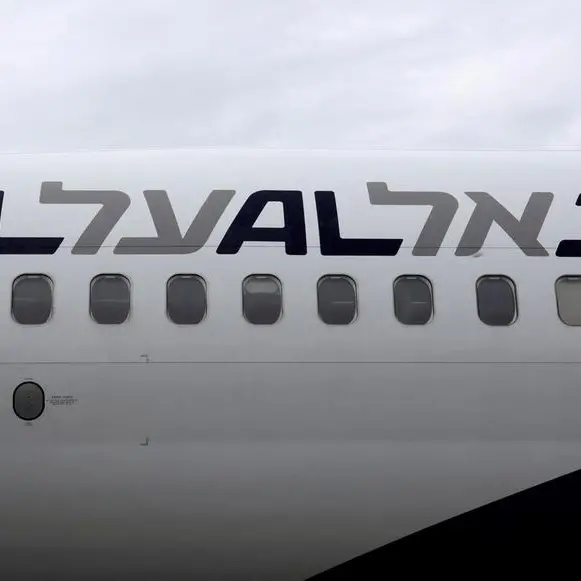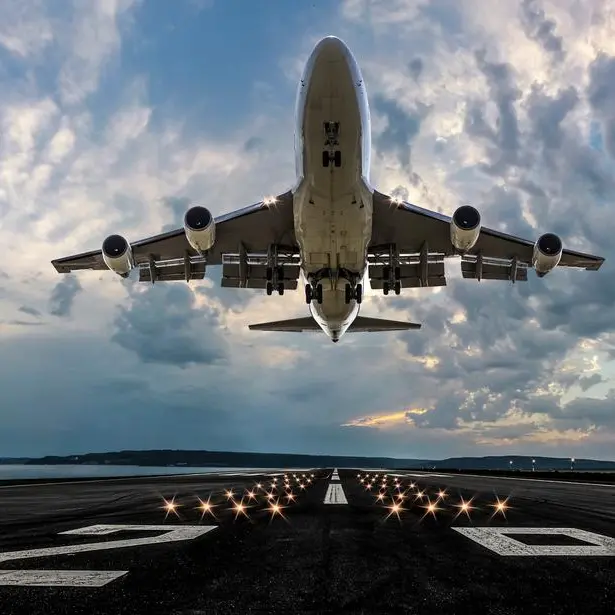PHOTO
Dubai’s flagship budget airline flydubai is on track to continue expansion with an additional 150 new aircraft that are joining its fleet by 2029 as Dubai International Airport looks set to achieve pre-Covid-19 traffic levels by the end of 2023.
Ghaith Al Ghaith, CEO of flydubai, said the Dubai-based airline continued to create free flows of trade and tourism through one of the most challenging times in aviation history.
“Since 2021, we have taken delivery of 22 new aircraft, begun operations to more than 45 destinations, and grown our workforce by 25 per cent. We are well placed to continue with our growth trajectory over the next few years supported by an additional 150 new aircraft scheduled for delivery by 2029,” Al Ghaith said on Tuesday at the Global Aviation Conference in Dubai.
The two-day event, hosted by KPMG Lower Gulf, was attended by Abdulla bin Touq Al Marri, Minister of Economy and chairman of the General Civil Aviation Authority, along with speakers, including senior executives from Etihad, Dnata, and flydubai, as well as KPMG leaders flying in from all over the world.
Al Ghaith said the Global Aviation Conference could not have a better venue than Dubai, “a destination which epitomises resilience and has helped accelerate the recovery of aviation from the impact of the pandemic.”
“This past year underscored the importance of airlines in building connectivity for economic development and enhancing direct air links to Dubai’s aviation hub,” he said.
As air travel demand continues to surge, with a full recovery within sight earlier than expected, passenger volumes at Dubai International Airport could hover around the pre-pandemic rates of 7.8 million a month in the latter half of next year.
Dubai expects the hub to handle 77.8 million passengers in 2023, up from an earlier projection in April of 75.5 million. This is a nearly 25 per cent increase on the 62.4 million passengers Dubai Airports expects will travel through the airport in 2022.
Nader Haffar, chairman of Middle East and South Asia, chairman and CEO of KPMG Lower Gulf, said the UAE’s flagship carriers Emirates, Etihad Airways, flydubai, and Air Arabia, and world-class airports in Dubai and Abu Dhabi have established their dominance on a global scale.
“Aviation is a vital sector for the UAE economy and is taking off again amidst economic recovery and increased consumer confidence. The Global Aviation Conference has provided a platform for industry experts and leaders to share their valuable perspectives, learnings, challenges and ideas,” said Haffar.
Driven by strong pent-up demand, eased travel restrictions, and growing employment rates, passenger numbers are expected to exceed 80 per cent of pre-pandemic levels this year, according to a forecast by International Air Transport Association. Cargo volumes are expected to reach a record high of 68.4 million tonnes in 2022. In the Middle East, this year’s re-opening of long-haul flights, in particular, will provide a welcome boost.
According to projections, global aviation industry losses would be cut to $9.7 billion this year and profitability is on the horizon for 2023.
Industry revenues are expected to reach $782 billion (+54.5 per cent on 2021), 93.3 per cent of 2019 levels. Flights operated in 2022 are expected to total 33.8 million, which is 86.9 per cent of 2019 levels (38.9 million flights). Passenger revenues are expected to account for $498 billion of industry revenues, more than double the $239 billion generated in 2021.
Copyright © 2022 Khaleej Times. All Rights Reserved. Provided by SyndiGate Media Inc. (Syndigate.info).





















